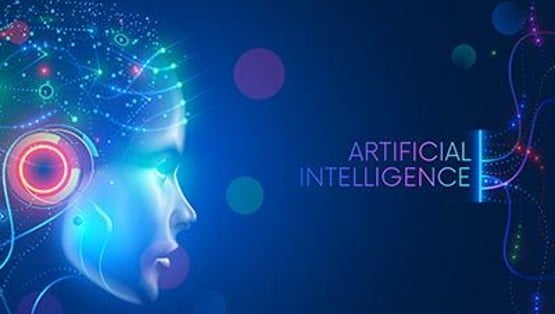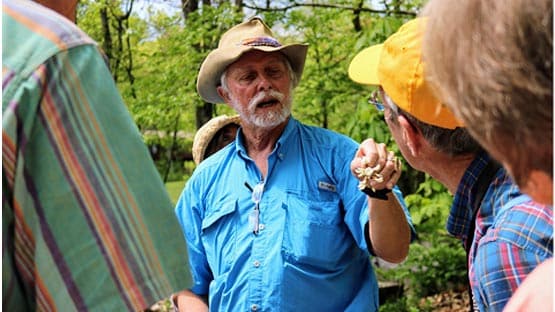
One hundred years ago, Albert Einstein proposed the existence of gravitational waves created by space and time around objects.
“When two blackholes collide, a huge amount of these waves is created,” said Kent Yagi, who teaches Introduction to General Relativity at UVA.
However, by the time the waves reach Earth they are 1,000 times less detectable.
“It’s very difficult to detect,” Yagi said.
In 2015, gravitational waves were detected which can help researchers learn more about the nature of blackholes when they collide.
Yagi said that in his research he wants to know how fast the blackholes are moving when they collide and how far away they are from Earth. He wants to know if any differentiation exists from relativity. If so, the establishment of the theory of everything is possible.
Researchers prep lots of theories of predictions for waves and compare the predictions with data to find which best matches. The computation can lead to the best fit for the mass of the blackholes, but comparing the predictions and data is very time consuming.
“The AI (artificial intelligence) comes in when we do the data analysis,” Yagi said.
A year ago, he began using AI for the data analysis in collaboration with UVA colleagues who are AI experts. Building a numerical code was necessary and results are possible.
“This can speed up the analysis by more than 100 times,” Yagi said.
He added that AI is making the process more efficient for his research.
Light takes billions of years to travel to Earth so the collisions of blackholes detected by gravitational waves now happened “way back in time.”
A student in Yagi’s physics group does the actual computations for the research, which is taking longer than anticipated because Yagi and his group had to create their own code from scratch for the AI.
Yagi said his goal with the research is to find evidence of violation of relativity in data, which can only be proven by conducting more data analysis with AI.










